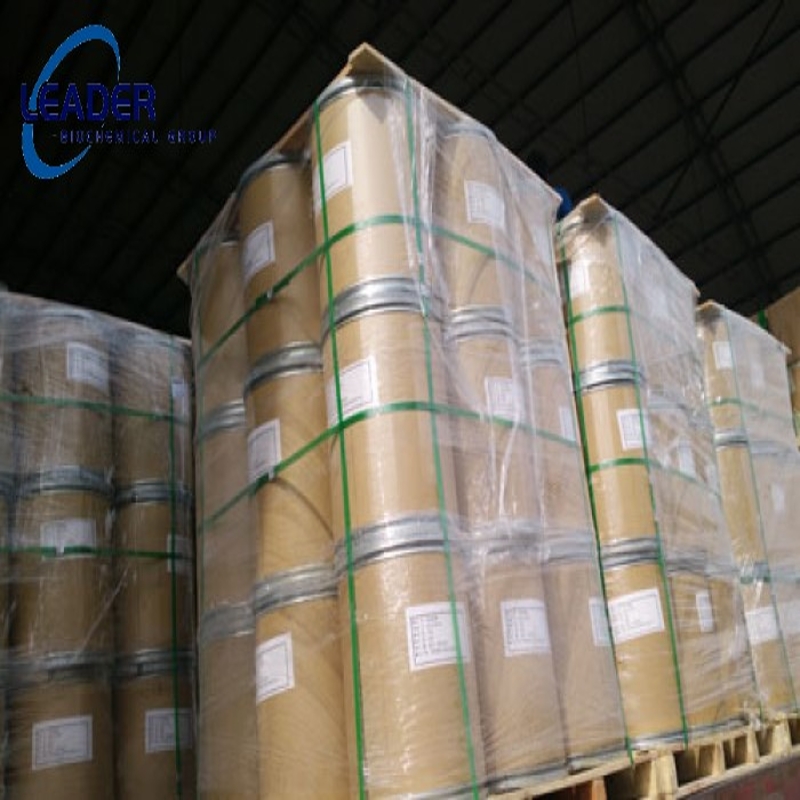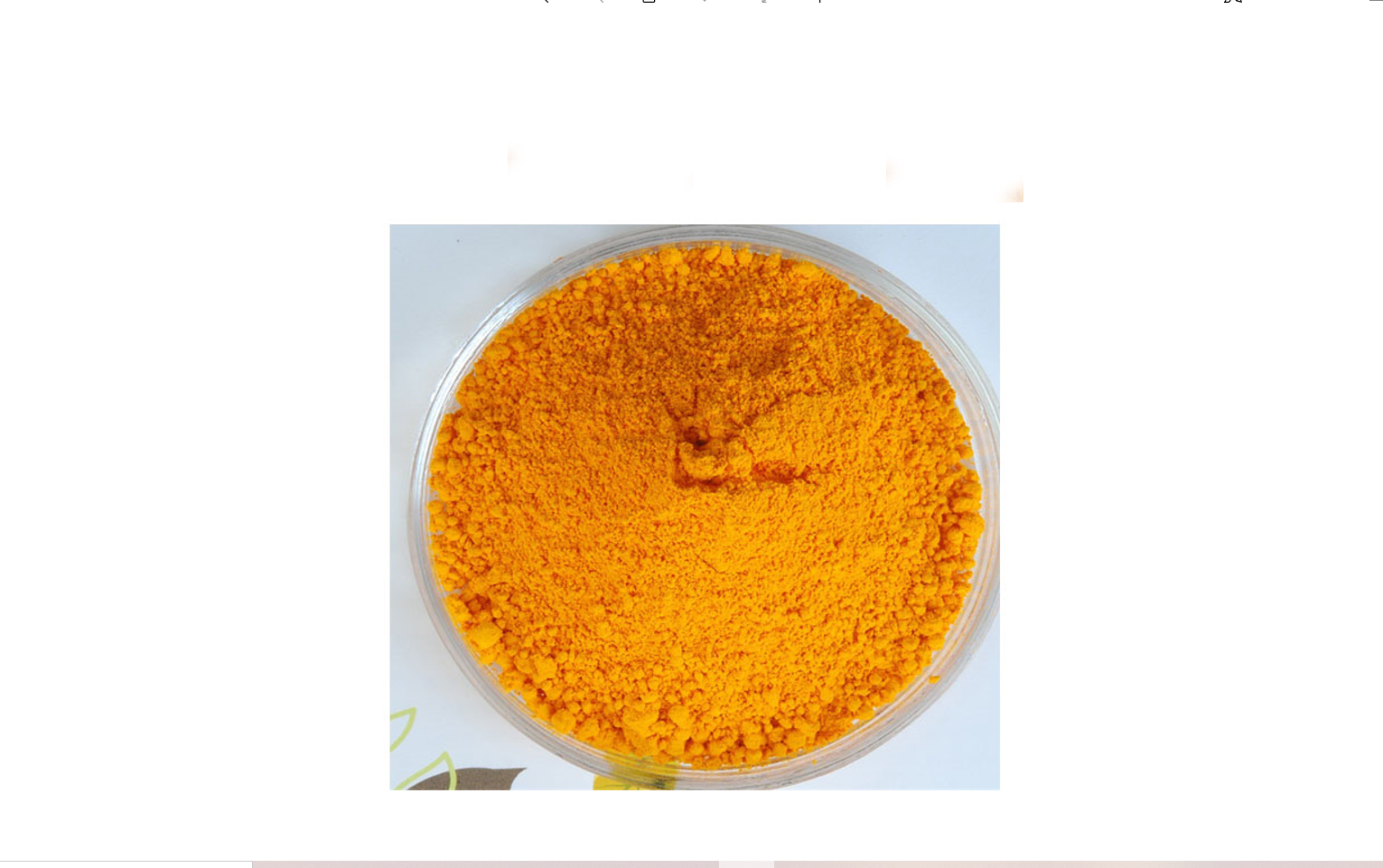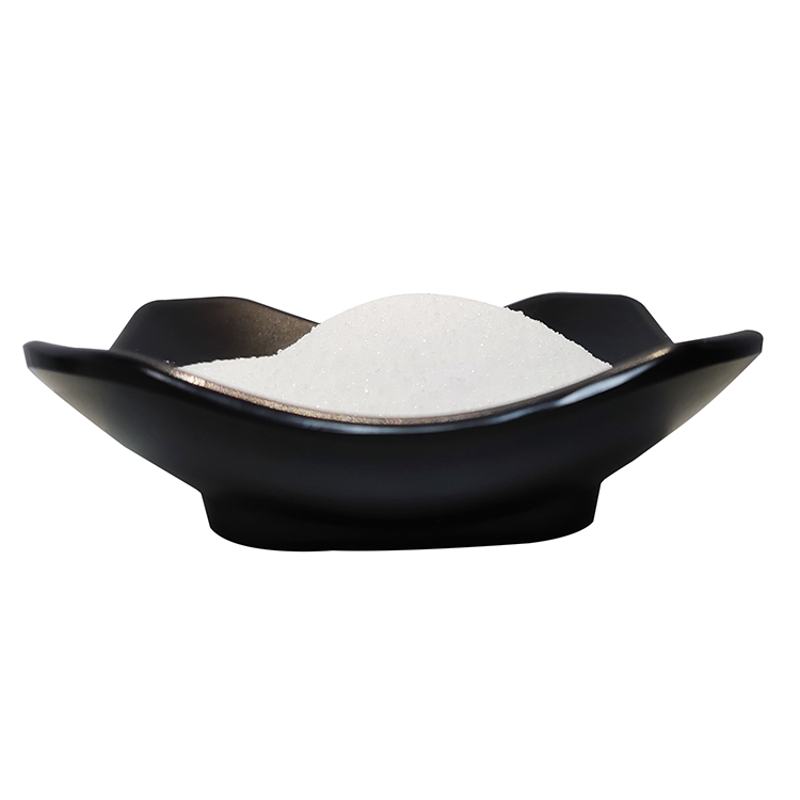-
Categories
-
Pharmaceutical Intermediates
-
Active Pharmaceutical Ingredients
-
Food Additives
- Industrial Coatings
- Agrochemicals
- Dyes and Pigments
- Surfactant
- Flavors and Fragrances
- Chemical Reagents
- Catalyst and Auxiliary
- Natural Products
- Inorganic Chemistry
-
Organic Chemistry
-
Biochemical Engineering
- Analytical Chemistry
-
Cosmetic Ingredient
- Water Treatment Chemical
-
Pharmaceutical Intermediates
Promotion
ECHEMI Mall
Wholesale
Weekly Price
Exhibition
News
-
Trade Service
Summary:
A recent clinical trial data analysis estimated that the combination of ACE inhibitors and/or angiotensin receptor blockers (ACE inhibitors/ARBs) and sodium-glucose cotransporter-2 (SGLT2) inhibitors significantly improved survival in patients with albuminuria without renal failure with chronic kidney disease
.Renal failure and death were extended by about 7 years
in a 50-year-old patient who received this combination therapy compared with patients who did not receive these drugs.
The new CJASN study highlights that, if appropriately used, existing treatments can reduce the burden of complications of chronic kidney disease (CKD) by delaying or even preventing renal failure and early death, particularly by providing patients with combination therapy
with ACE inhibitors and/or angiotensin receptor blockers (ACE inhibitors/ARBs) and sodium-glucose cotransporter-2 (SGLT2) inhibitors.
About half of people with CKD do not have diabetes, but have high rates
of kidney failure and early death.
When proteinuria is present, these patients are usually treated with ACE inhibitors / ARB (proteinuria is a sign of kidney disease and patients have too much albumin in their urine).
The SGLT2 inhibitor dapagliflozin, designed to lower blood glucose levels, has been shown to have renal and cardioprotective effects
in patients with CKD (with and without diabetes).
Dr.
Priya Vart (University Medical Center Groningen, The Netherlands) and his colleagues conducted a study to evaluate the renal failure-free survival of patients with albuminuria CKD without renal
failure in patients treated with ACE inhibitors/ARBs and SGLT2 inhibitors in combination with ACE inhibitors/ARBs and SGLT2 inhibitors.
The study evaluated the efficacy of ACE inhibitors/arb (ramipril/benazepril) (690 patients) and SGLT2 inhibitors (dagliloxin) (1398 patients) with placebo from clinical trials to derive indirect efficacy
of combination versus no treatment.
Using this effect, the researchers estimated the efficacy of combination therapy in patients with albuminuria type CKD without diabetes in the DAPA-CKD trial (697 patients) and predicted the absence of renal failure and overall survival in patients who received combination therapy and those who did not
.
The primary outcomes were a composite measure
of doubling of serum creatinine (a marker of renal insufficiency), renal failure, or death.
ACE inhibitor/ARB and SGLT2 inhibitor combination therapy was associated with a 65%
reduction in risk for the primary outcome compared with no treatment.
For a 50-year-old patient, the estimated survival without primary outcome after combination therapy was 17.
0 years and 9.
6 years without any of these drugs, corresponding to an increase in event-free survival of 7.
4 years
.
Even assuming that the effects of combination therapy were not completely additive and that treatment adherence and efficacy may decrease over time, event-free survival increased by 5.
3 to 5.
8 years
.
"The current study provides estimates of treatment benefits expressed in additional years without disease or death, which is easy to understand
for patients, clinicians and policymakers.
" This may facilitate risk communication in clinical management, increase the use of these therapies in clinical practice, and inform decision-making by decision makers and payers
.
The author writes
.
A side editorial noted that the findings also provide a tool for advocacy efforts to improve access to and coverage of kidney-protective drugs, particularly SGLT2 inhibitors, which are currently prohibitive for many people
.







